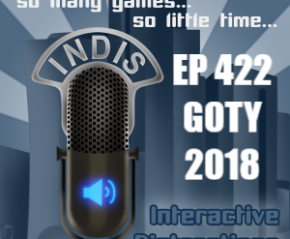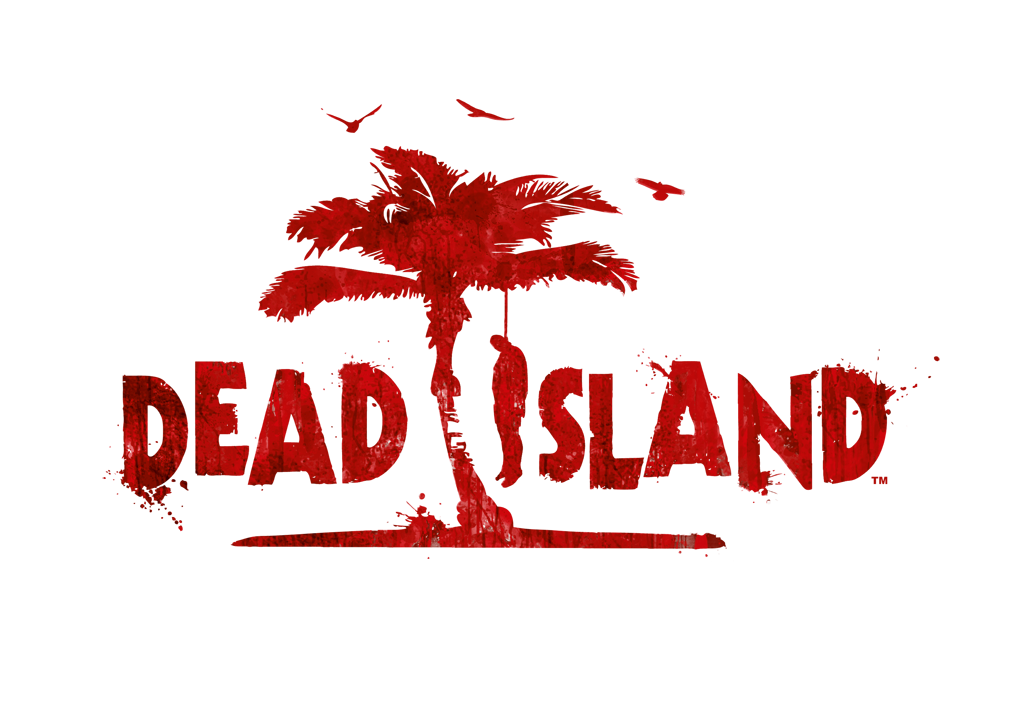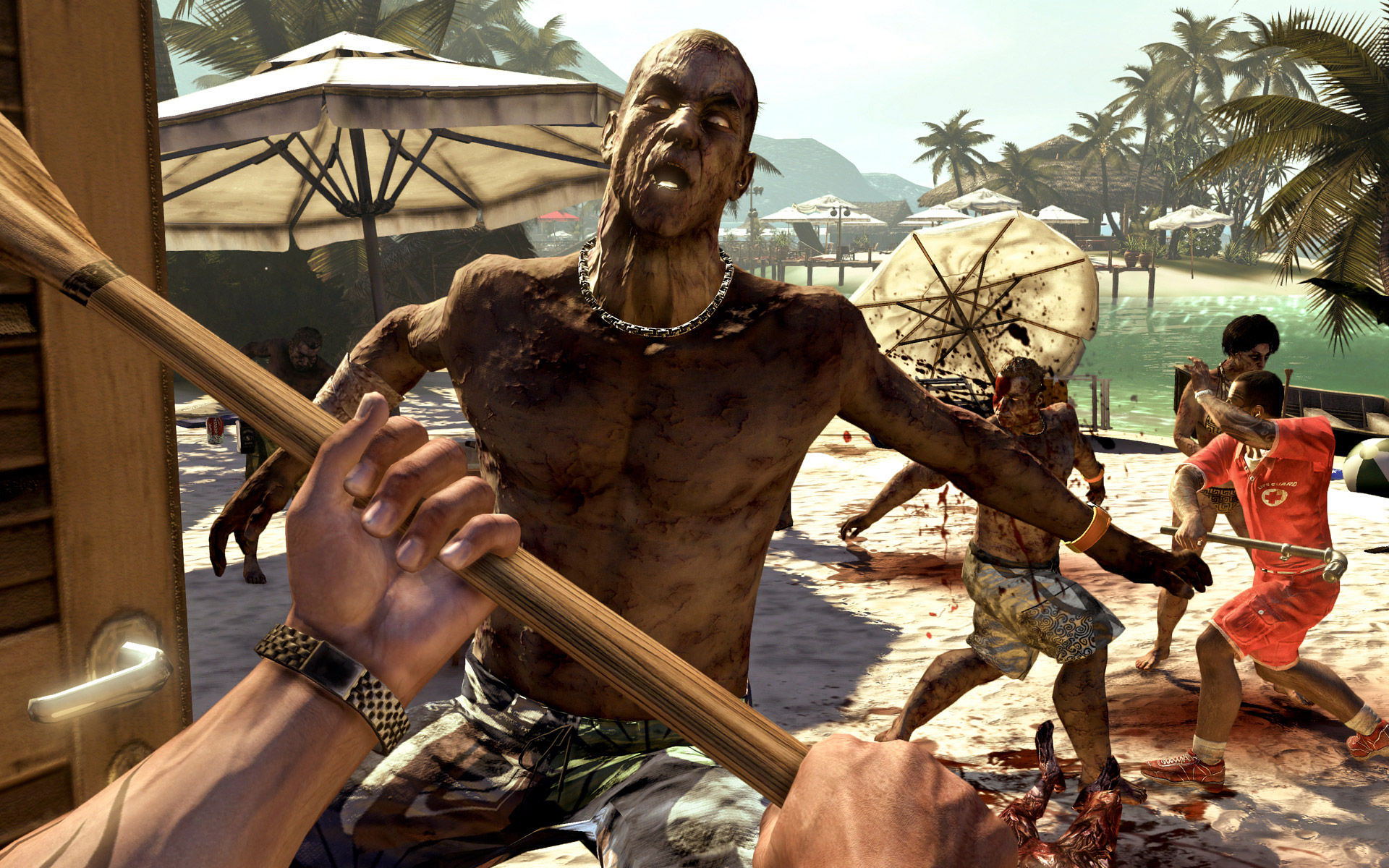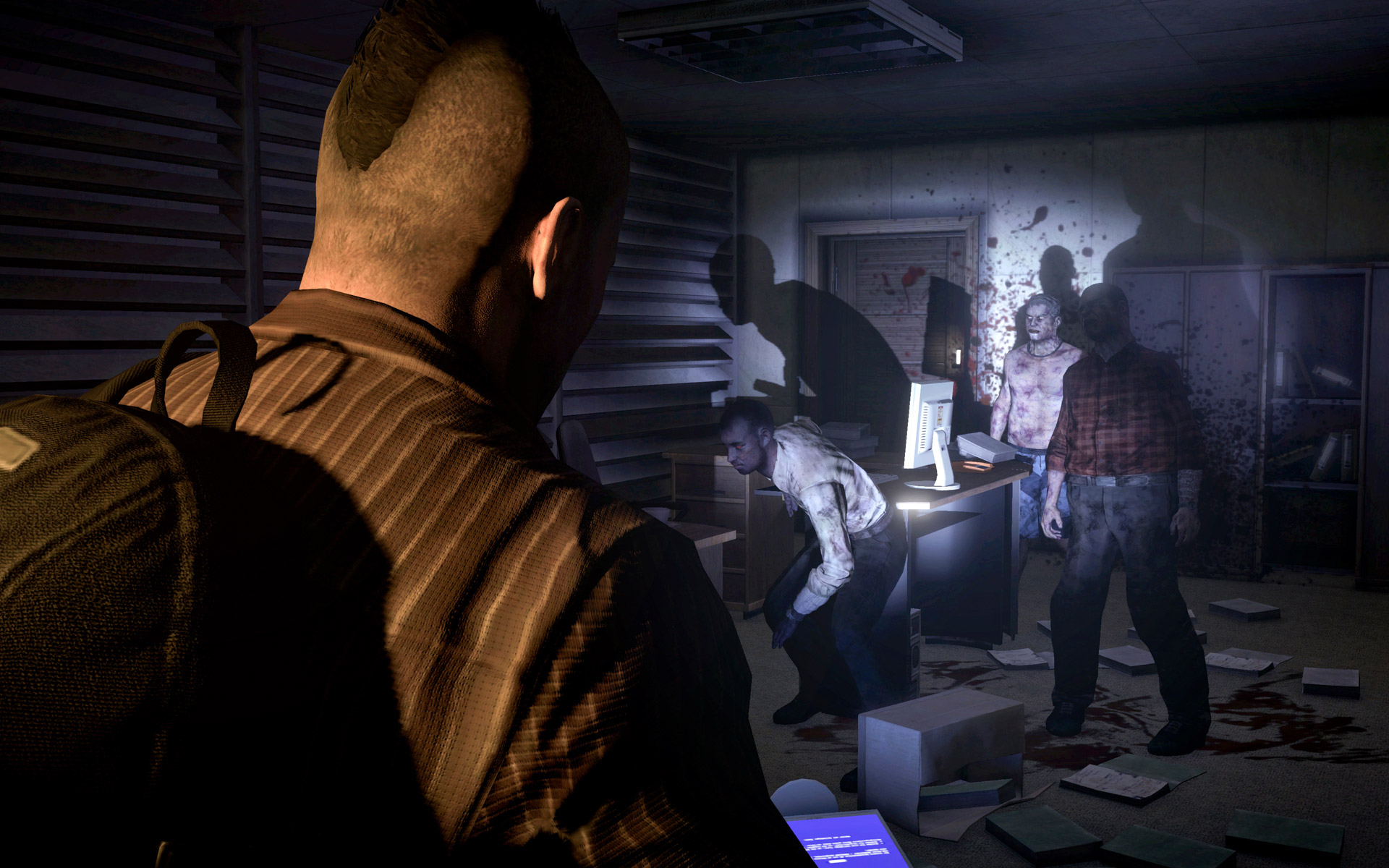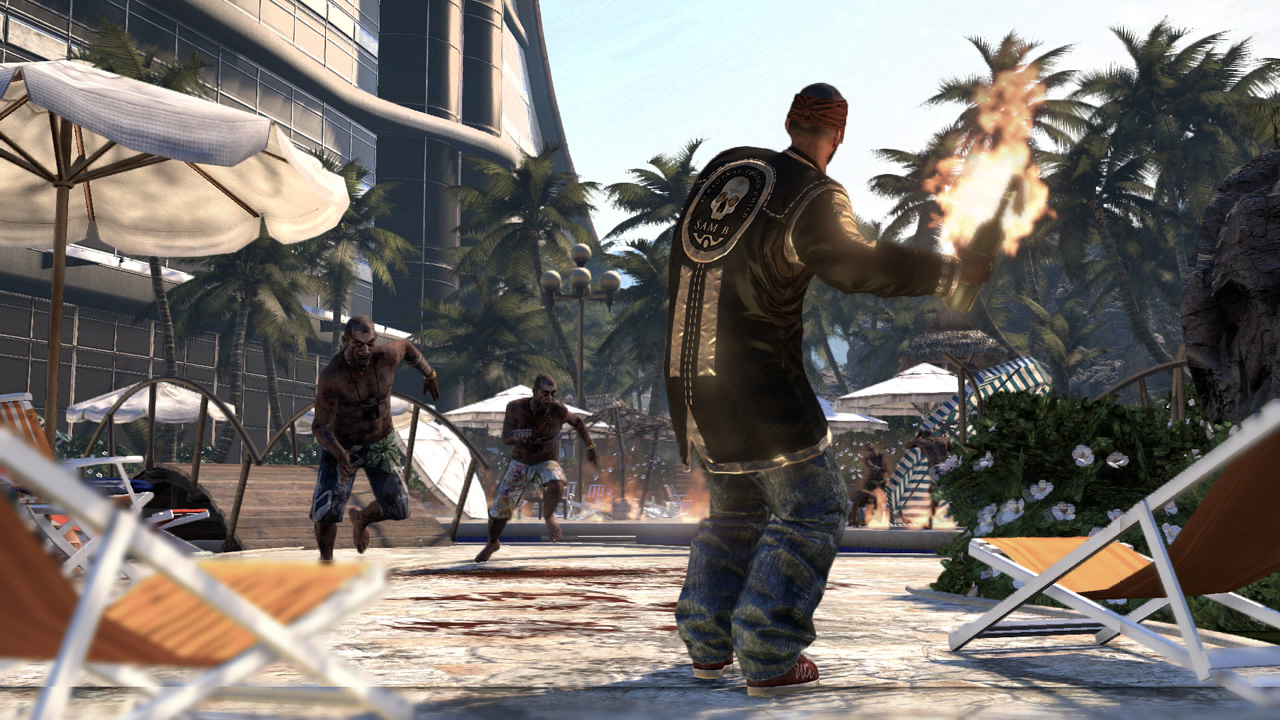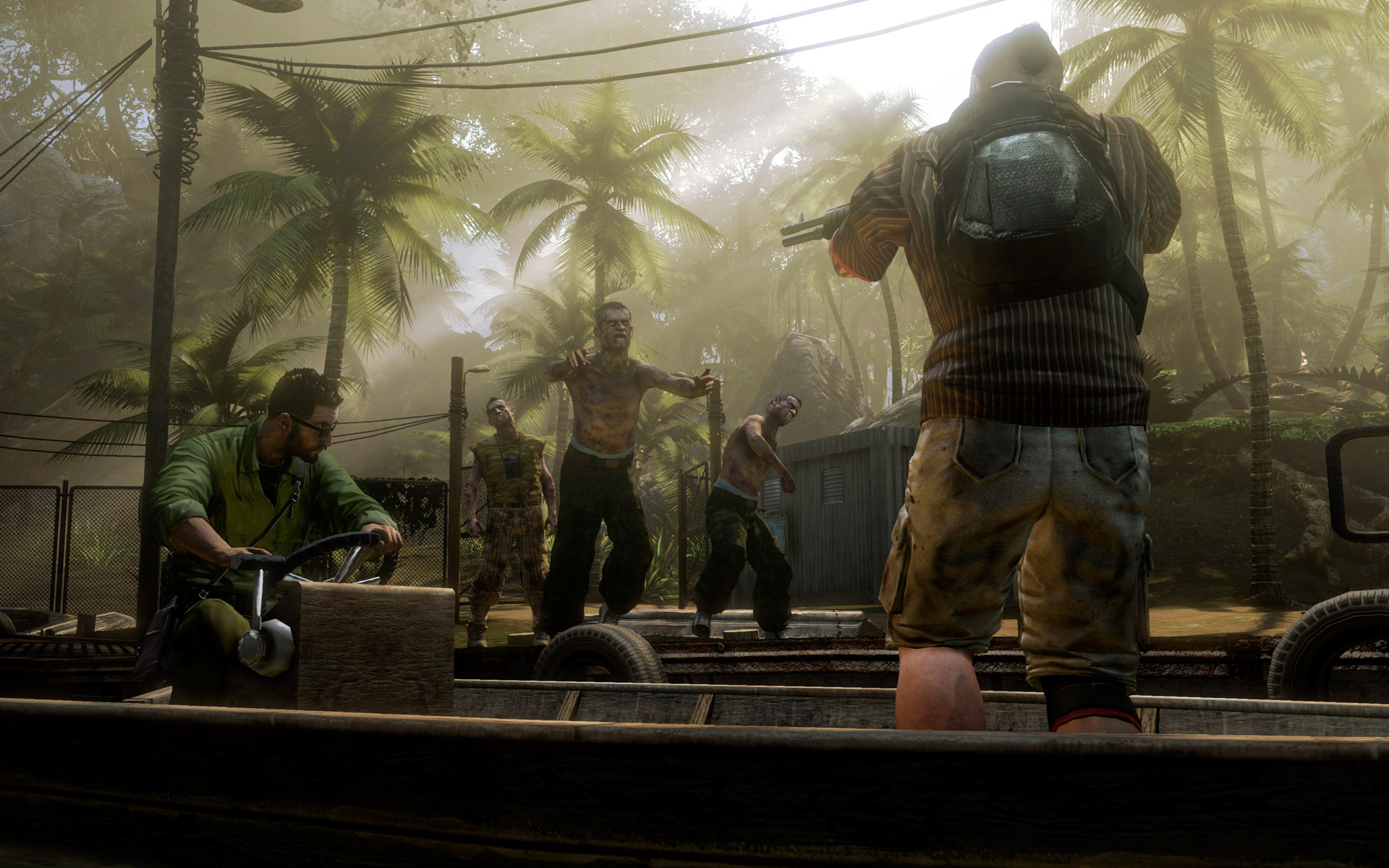Dead Island
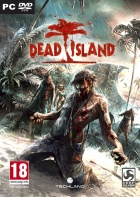

| Game Name: | Dead Island |
| Platforms: | Playstation 3, Xbox 360, PC (reviewed) |
| Publisher(s): | Deep Silver |
| Developer(s): | Techland |
| Genre(s): | First person horror action-adventure, role-playing, open world |
| Release Date: | September 6, 2011 |
| ESRB Rating: | M |
| Big Ups: | Solid gameplay, varied and beautiful locales, interesting combat mechanics |
| Big Downs: | Bugs, terrible story, shallow character design |
Dead Island has, by far, the worst case of multiple personality disorder I have ever seen. From Borderlands to Dead Rising to Dead Space to Left 4 Dead, the game oddly combines the best of each into one beefy hybrid. After players having endured a five year spike in zombie games, Techlands gives us a game that celebrates all the advances invented in that genre over that time period. Sadly, unlike all the games it emulates, Dead Island fails to deliver strong characters and story. But for all that it lacks, those who are fans of combating the relentless undead are sure to enjoy this game for the many experiences it has to offer.
With all that I had been seeing from trailers for Dead Island, the gameplay was the key selling point on the game for me. Being a huge fan of the first Condemned game, I was really drawn to the similar gritty, bone-crunching combat the Dead Island trailers demonstrated; however, it ended up not being entirely what I was expecting. In appearance, the combat is very brutal and sluggish but playing it felt a little less so. A majority of the time, I resorted to hopping like a bunny, kicking zombies in the face and following up with a brutal curb stomp for a guaranteed kill. This is what a majority of the combat is reduced to with the common zombies. The game attempts to add challenge to the fight by adding the infamous melee spamming prevention STAMINA METER made famous by L4D, but the kicking and stomping doesn’t share quite so taxing a stamina cost as a single swing from a melee weapon does. However, to add entertainment value to the combat, developers implemented a systematic limb crippling system where players can decide go straight for the kill with a head shot or break/dismember body parts to reduce the threat certain zombies present. With blunt weapons, you can break arms, rendering them useless, and with sharp weapons, you can dismember to the same end. While this adds to the sheer entertainment value, it also helps when dealing with bigger enemies, such as “Thugs,” that can incapacitate you in a single punch. The interesting and sometimes frustrating part about this mechanic is how it is executed. When you are up close and personal with a zombie, your crosshair disengages the center of the screen and caressingly moves about the intended zombies body. It is not like a lock on however because you can easily swing your targeting off one zombie to kick another in the face. However, when the crosshair is engaged with a target, it allows you to aim at specific points on the body to hit. With luck, after a few attacks, your swing will hit and cripple or dismember your intended target. There is no guarantee of this happening, however, as it is sometimes hard to tell what exactly you are aiming at. In any case, it is a interesting dynamic, influenced by Dead Space, that adds a very deep layer to the combat.
Speaking of influences, the leveling, class system and even HUD elements are very Borderlands-esque, so much so, the classes even fall into gunsman, assassin, tank, and jack-of-all-trades. Actually, I will go so far to say that a majority of Dead Island is influenced by Borderlands. You have four different disgustingly stereotypical racial characters: Logan, Purna, Sam B, and Xian Mei. Each character is, for the most part, an extreme caricature of deep rooted stereotypes that pervade American society. We have the loud-mouthed rapper, the drunk-driving alcoholic trailer trash football player, and the honorable, agile katana-wielding Asian martial artist. In fact, the casting was so offensive that I decided to play as Purna since she was probably the only character who did not fall into a stereotype. Stereotyping issues aside, the four classes match up as Roland, Mordecai, Brick, and Lilith, respectively. On top of this, the character development trees are just like Borderlands. You have three skill trees with different gameplay focuses with each class having their own unique skill trees. I understand that Borderlands was not the first to have the three skill tree set up (Diablo II), but with all the similarities between games, it is obvious the developers were looking to Borderlands for influence. Anyways, the skill trees offer an extra layer of character development but never really feel heavily effective on the overall game. Instead, the major focus of the “character development” comes from finding and modifying weapons. Throughout the game, you will find boxes that hold “unique” weapons. However, typically these weapons are not worth the player’s time. Instead, as you slay these hordes of mindless automatons, you loot various different more effective weapons. This is one of my biggest issues with the game. Though the unique and quirky weapon system is fun, it does not quite fit the artistic design of the game. When you have a pretty convincing and realistic visual setting paired up with guns that fire poison imbued bullets that makes zombies puke their brains out as green damage numbers pop out of their heads, the sensations do not match up well. I think the designers could have easily avoided this by creating a cast, setting, and story that was not intended for the new-MTV generation, who believe Jersey Shore is a desirable and real lifestyle.
As aforementioned, the characters are very one dimensional and sadly, a majority of the game suffers from the same issue. It is so painfully superficial, you feel like you are watching a Hollywood-budget horror movie. On top of this, the demand to use multiplayer really detracts from the storytelling. There are moments where, after long arduous questlines, you are rewarded with a cutscene suddenly filled with a cast of characters you never see unless you are playing co-op. I understand that multiplayer gameplay has become a requirement for most games, but when the developer makes it the main focus over everything else, they diminish the game’s ability to weave an intricate tale. But what the game lacks in good storytelling, it makes up for in level design. As in a Diablo game, each act provides a unique hub for the player to dwell within. Initially you start on the resort, but you eventually move onto the nearby city only to continue into the lush tropical forest. In a zombie game, it’s hard for the setting not to get old, but somehow Techland manages to overcome this obstacle by gradually introducing new enemies, living and undead. Not only that, the actual environments never get old. Even though there are reused models and textures throughout the game, there are minor details that help weave unique stories for each locale within a hub. It’s rare to find a game that accomplishes this nowadays. On top of this, Dead Island manages to have a pretty fantastic sound design. From the bone crunching noises to the unique roars of “boss” zombies. The game never fails to perk one’s ears. It is quite an experience to hear the distant roar of an angered Thug or the palpitated breaths of a Suicider. However, the soundtrack of the game is lacking. For a new-MTV generation era, there isn’t much music to support the style of the game. Occasionally you are granted with an intense track to accent a moment of tension but other than that the game is pretty silent.
The focal point of Dead Island is the multiplayer. It is obvious this game was designed around it. You can join with friends whenever you want to, but there is another feature, similar to the multiplayer in Demon’s Souls, where an indicator will pop up when a player in their own game is in the same location. You can opt in with a quick button press to join their game and assist with their story. The joining and leaving is so flawless, it never makes sense to refuse an opportunity to play with other players. Unlike Left 4 Dead though, the multiplayer only allows up to four player co-op, the players are not forced to be a completely different character from everyone else. Instead, you might have two of the same character in one room. This ensures that people are not limited to only certain rooms. I admire this fact about the multiplayer. Considering all of its media leading buyers to believe it would be heavily story driven, I still feel the game should not have been built around this mechanic alone .
Finally, lets discuss some of the flaws. For a game that has received so much hype and media attention, Dead Island feels like a very unpolished game. The game drew a lot of attention with the emotional, reverse-action trailer that everyone knows so well. It was a really intriguing concept to the game, to have a zombie apocalypse with an emotionally engaging story, but instead the game feels very shallow and totally forgets what goals it had established for itself. Like I said before, this game feels like it was for the new MTV-generation. Another issue with the game is bugs. On the PC end, most bugs are not permanent, but from my playthrough there were several things that really affected my immersion into the game. There was an instance where a simple wall texture was floating a foot away from the wall. Bizarre but not terrible. But it got worse, I would walk around and see random objects floating in midair, such as book bags and coffee mugs. To top this all off, a cutscene was completely ruined because its background morphed in to an unintelligible, psychedelic wishy-washy blue background. When the actors attempted to emphasize the dire importance of the situation, I was too busy fighting the sensation that my brain was melting.
Reflecting on these facts, the game is not all that bad. I think what it suffers from are lofty goals that it failed to completely fulfill. The final product feels like a slightly incoherent, but decent game. I wish Dead Island had been given more time to be completed because I feel it could have been the “do-all” zombie game to trump the rest. Instead it falls short on itself, delivering a mildly intriguing gameplay concept overlayed by a lot of terrible design choices. Therefore, I give Dead Island a Minor Distraction. It fails to live up to all it desires to be, but provides some enjoyment that is worthy of a playthrough.
